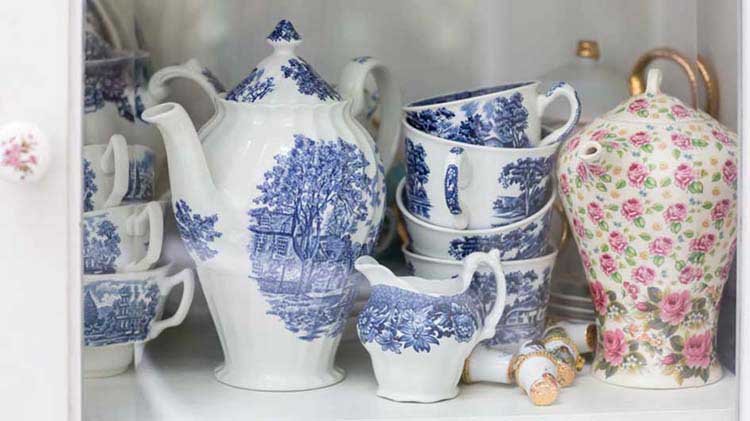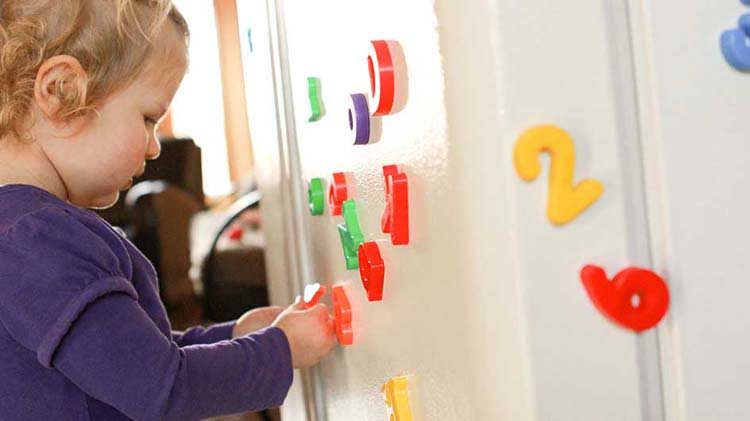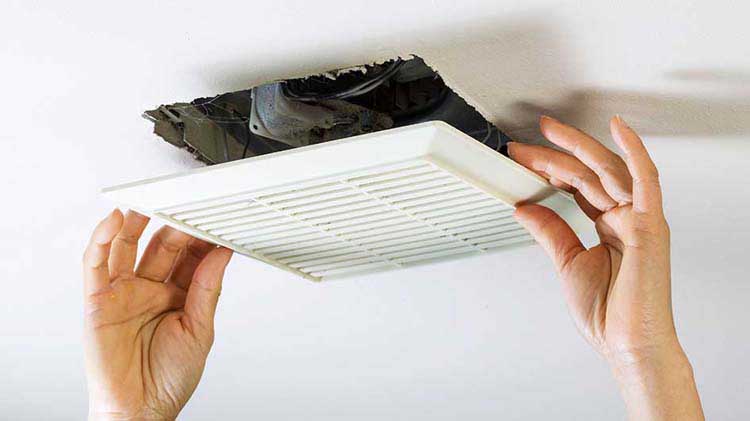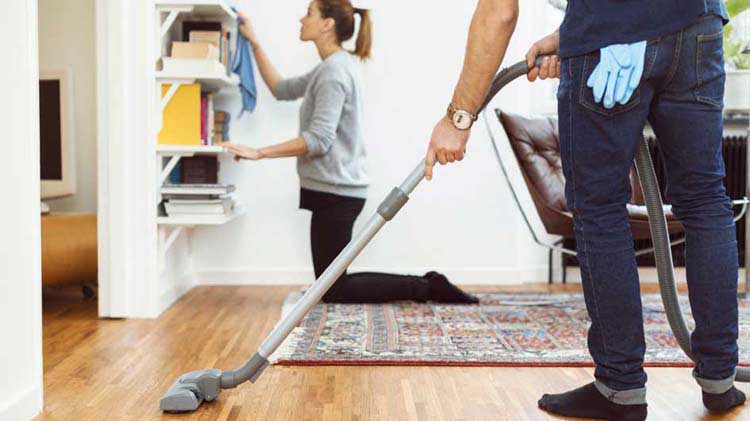Tips for collectible storage and display
Rare and antique collectibles can be valuable — make sure you're protecting them and storing them properly.
Collectibles, sentimental possessions, keepsakes and items of artistic value generally can be damaged if special precautions aren't taken. Storing, displaying and protecting your items and collections is important. Making sure your possessions increase or retain their value over time is equally important.
Typically, collectibles are valued based on:
- Rarity. If there is a scarcity of the item in the marketplace and there is a demand for it, the collectible is more likely to be valuable.
- Condition. The better the condition, the higher the value.
- Authenticity. An original is worth more than a replica.
- Age. Some items tend to increase in value the older they are.
Proper storage for collectibles
The proper handling and storage of collectibles can help maintain your collection's integrity and value. Here are a few tips for some popular types of collectible items.
- Books, documents and comic books. Old edition books, documents and vintage comic books should be stored at a consistent temperature (70⁰ Fahrenheit or below) and away from direct sunlight to prevent the paper from becoming brittle and moldy. Plastic protector sleeves may also be used to protect individual comic books. These should be obtained from a firm specializing in archival supplies.
- Vintage signs and figurines. Vintage metallic signs and figurines should be stored in a cool, dry place to prevent rust.
- Stamps and cards. Stamps and sports or other collectible cards should be stored in a space with good air circulation to prevent mold. A dehumidifier may help curtail the growth of mildew.
- Rare coins. Rare coins (except pure gold) can deteriorate, tarnish and corrode in damp environments. A low-humidity environment and constant temperature can help protect coins. If a coin isn't encapsulated in its own presentation case, store it individually in a Mylar plastic holder. Contact your coin dealer for the best way to store your collection.
- Vintage material and old clothing. Old clothing items of all sorts should be stored in a sealed container in a safe area to avoid dust and be at risk of insect or pest damage.
Be cautious when storing items in the garage, attic, basement or in flood-prone areas as moisture may damage your items. Consider protecting items in sealable plastic bins and storing them well above ground level. Objects of value should be stored in acid-free paper.
Improper storage for collectibles
Improper storage methods and adverse environmental conditions can cause long-term damage to your collection, directly affecting its value. Some people choose to use environmentally controlled storage units as a safe place to protect possessions. Some reasons items are damaged when not stored properly include:
- Extreme dryness that causes organic materials to harden and become brittle.
- Excessive moisture can rust and corrode metallic items, and attract fungus to objects with organic components such as paper items or cotton / fabric items.
- Temperature changes can cause objects to crack and warp.
- Too much sunlight can fade photos and documents.
- Poor ventilation can attract mold and pests.
Display techniques
Here are a few suggestions for displaying items.
- Heavy items should be displayed upright, not stacked on top of each other, to prevent warping.
- Displayed objects should be kept in a smoke-free environment. Smoke residue can stain collectibles.
- Displayed items should be kept away from direct exposure to sunlight. Heat and UV rays can damage books and other paper-based objects. You can display paper items, like photographs, in UV-protective glass.
- Collectibles should be displayed out of the reach of pets and small children.
If you live in an area of the country that is prone to earthquakes, consider using earthquake putty to hold display items more firmly in place. In addition, consider investing in a home security system to not only protect your collection, but also your family.
Be sure to keep your collectibles properly appraised and insured.
Your State Farm® agent can help you assess and determine what may fit your needs.




